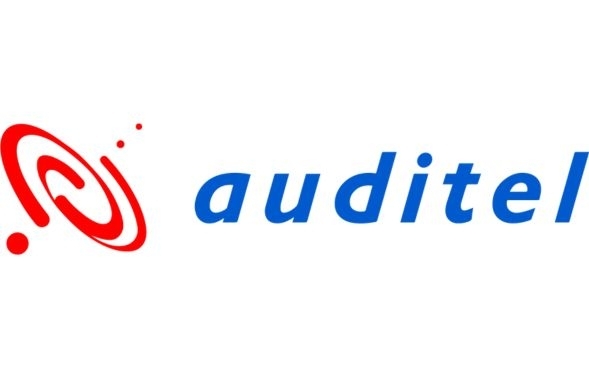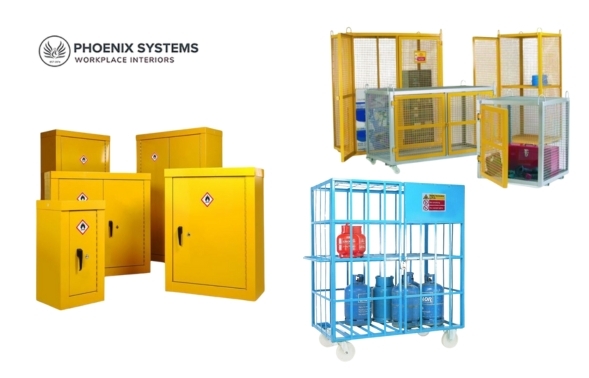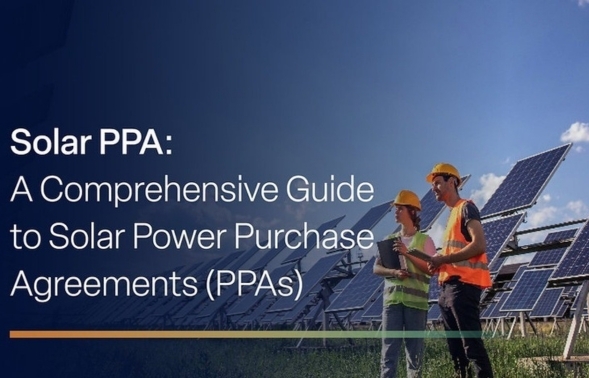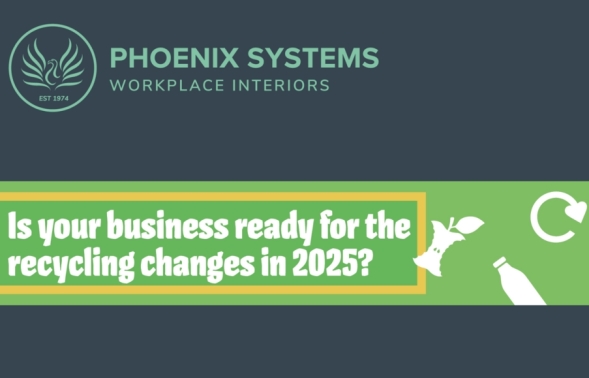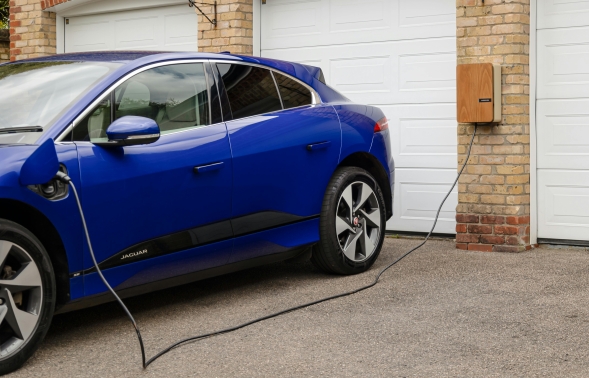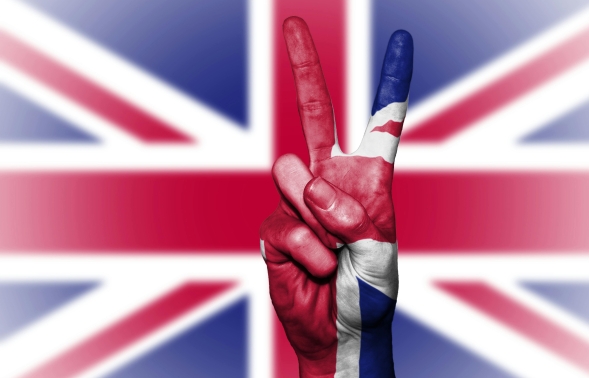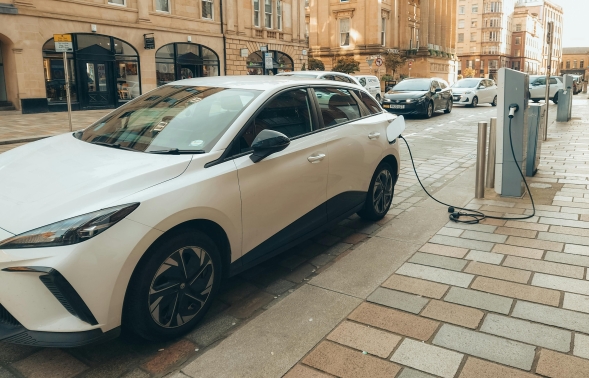In 2008, the UK government passed the Climate Change Act, committing to reduce its greenhouse gas (GHG) emissions. This legislation was strengthened in 2019 with a target to reach net zero GHG emissions by 2050. The UK is not alone; so far over 140 countries have set net zero targets.
This global commitment will significantly impact business practices. Governments worldwide are encouraging businesses to reduce carbon emissions. For example, the UK government now requires all government contracts worth £5million+ to include a Carbon Reduction Plan. The NHS has further tightened this requirement, and all suppliers with contracts over £10,000 must have a net zero commitment; going forward, these thresholds will likely continue to fall.
The EU has introduced the Carbon Border Adjustment Mechanism (CBAM), a tool designed to put a fair price on carbon intensive products entering the EU and encourage cleaner industrial production in non-EU countries. The UK’s equivalent is currently under consultation and is due to be introduced in 2027. These frameworks are rapidly becoming standard practice and being adopted by the private sector.
To meet their emission targets large companies will need to audit their suppliers and encourage them to reduce their carbon emissions. Kingfisher, the group that owns brands like Screwfix and B&Q, has announced requirements for decarbonisation targets from its entire supply chain. ALDI has also recently launched a similar initiative. Suppliers are on notice: whether you’re a manufacturer, wholesaler, or contractor, your customers will eventually request your environmental credentials.
The first step in your carbon journey is to assess your carbon footprint. Scrutinising your business through the carbon lens can offer a different perspective and highlight new possibilities. By starting now you’ll be ahead of the curve, ready to meet the demands of customers and regulators alike.
